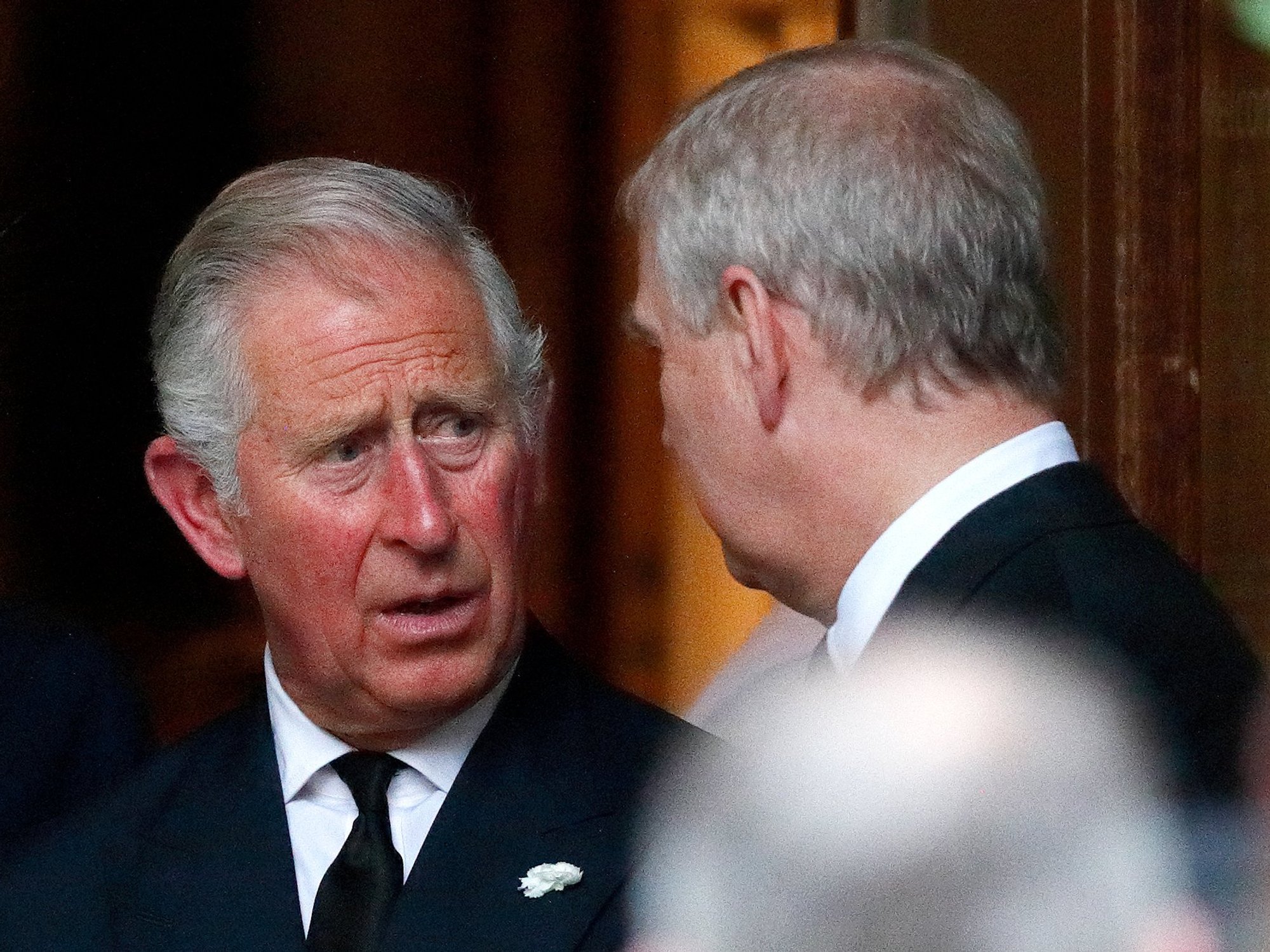Amir Khan handed lengthy ban after British boxing champion fails drug test

Amir Khan has been banned from boxing
|PA

The former light-welterweight world champion was found to have taken a prohibited substance last year
Don't Miss
Most Read
Former light-welterweight world champion Amir Khan has bene banned from boxing for two years for drug violations.
UK Anti-Doping said the 36-year-old had returned a positive result for a prohibited substance following a drugs test after his loss to Kell Brook in Manchester in February 2022.
He was found to have taken to have taken Ostarine, which helps stimulate tissue growth like muscle and bone and has a similar effect to testosterone.
It is not approved for human consumption in any country in the world and is prohibited by the World Anti-Doping Agency.

Amir Khan failed the drugs test last year
|PA
A UKAD statement said: "Professional boxer and Olympic medallist Amir Khan has been banned from all sport for two years following Anti-Doping Rule Violations for the presence and use of a Prohibited substance."
It added: "Mr Khan’s two-year ban is deemed to have commenced on April 6 2022 (the date his provisional suspension was imposed) and will expire on April 5 2024."
Khan said that he accepted the violations but maintained his "ingestion of Ostarine was not 'intentional'."
The Mancunian became Britain's youngest ever boxing Olympic medalist when he won silver at the 2004 Olympics. He also held the Commonwealth lightweight title from 2007 to 2008.

Amir Khan failed the drugs test after a fight with Kell Brook
|PA
He also won two-weight world champion titles in the professional ranks but lost three of his last six fights.
Khan's failed drugs test followed his last fight in the ring, in which he announced his retirement.
The 36-year-old was made aware of the failed test last April before being charged two months later.
UKAD Chief Executive Jane Rumble said: "This case serves as a reminder that UKAD will diligently pursue Anti-Doping Rule Violations in order to protect clean sport."
"Strict liability means Athletes are ultimately responsible for what they ingest and for the presence of any Prohibited Substances in a sample.
"It is important that all athletes and their support personnel, whatever level they are competing at, take their anti-doping responsibilities seriously.
"Not doing so risks damaging not only an athlete’s career, but also undermining public confidence in clean sport."










